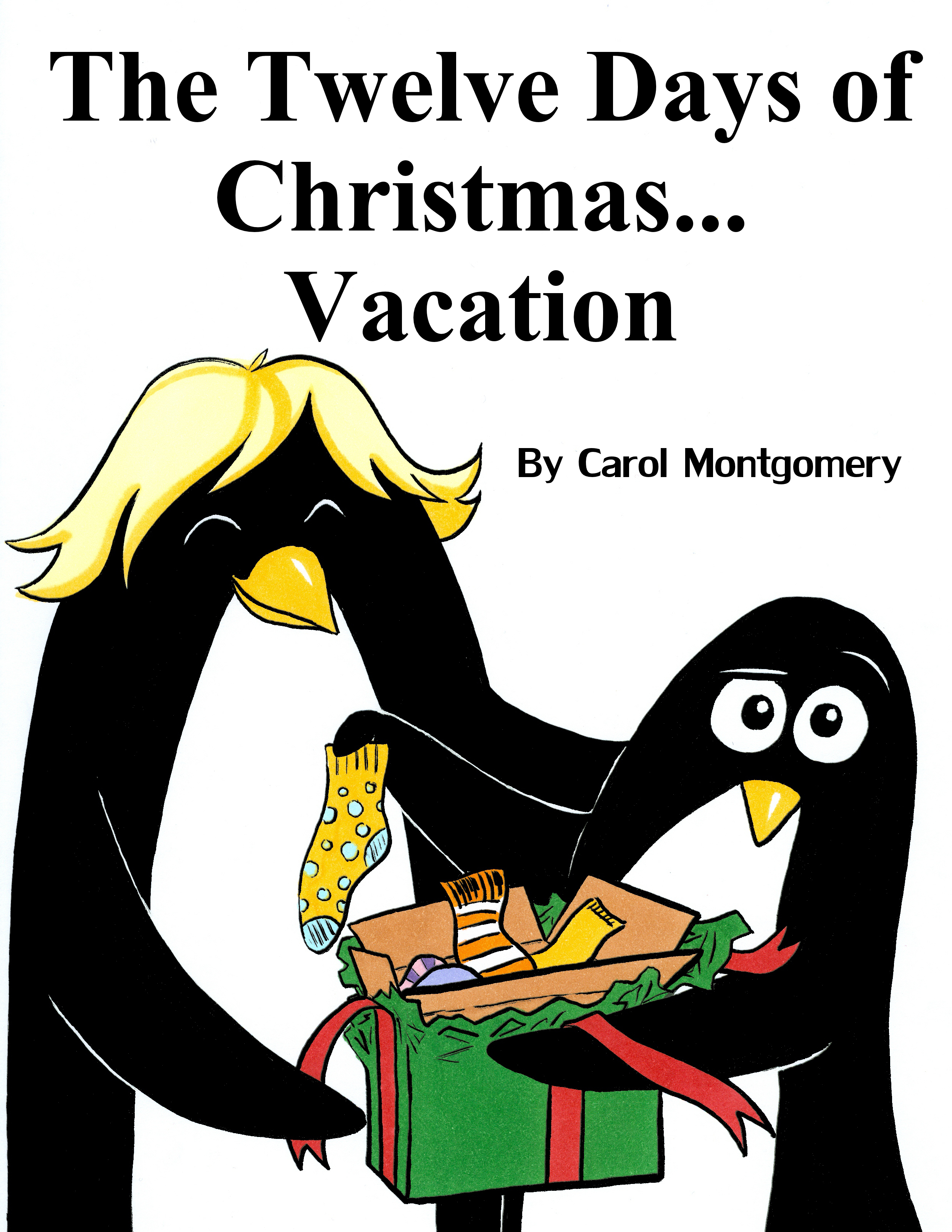
On the first day of Christmas Vacation, my mother gave to me ----
a coupon for a broom to clean my room!

Criterion
|
Beginning (0 - 2)
|
Developing (3 - 5)
|
Competent (6 - 8)
|
Advanced (9 - 10)
|
Focus: Thesis, Introduction, Conclusion
|
Specific
topic is unclear and no statement of an opinion or a stand.
No
introduction.
No
conclusion.
|
Thesis
statement expresses the topic but not an opinion or a stand.
Weak
introduction that states the topic but is missing a clear thesis. The focus
of the paper is unclear.
Conclusion
does not fully summarize the main points nor restates the thesis statement.
|
Thesis
statement includes the topic and expresses a stand or opinion.
Introduction
states topic and thesis and gives direction to the paper.
Conclusion
reiterates main points and restates the thesis statement.
|
Clearly-stated,
thoughtful & compelling thesis statement.
Strong
introduction with a thesis statement that grabs attention and directs the
course of the essay.
Strong
conclusion that summarizes the main points and restates the thesis
statement. Satisfactorily wraps up the
essay.
|
Content
|
No
major points to support the thesis are included.
Few
details have been used.
Ideas
are disconnected.
|
Some
of the major points are covered.
Some
specific details are included. Lacks sufficient material to fully support
thesis.
|
All
major points are covered.
Appropriate
details are included with each point.
|
All
major points are thoroughly and insightfully discussed.
All
points are fully supported with strong details.
|
Organization
|
Ideas
are arranged randomly. There may be no
division of paragraphs.
|
Like
ideas are grouped together, and paragraphs are present, but ideas within may
not be organized logically.
Transitions
may be lacking.
|
An
apparent progression of ideas that allows the reader to move through the text
without confusion.
Sentences
with paragraphs are organized and flow smoothly
|
Expresses
a clear, logical sequence of ideas within paragraphs and throughout the
paper.
Sentences
within paragraphs flow smoothly with good use of transitions.
|
Mechanics
|
Frequent
errors, seriously impairs flow & meaning of paper
|
Errors
noticeable, and occasionally detract from flow or meaning of paper
|
Some
errors, which are minor in nature and don’t detract from overall meaning of
paper
|
Essentially
faultless; errors may result from risk-taking and do not detract from meaning
of paper.
|
Here's the briefest Class Notes you'll probably ever get from me. I've been in a grading frenzy this week with papers from all of my students in all of my classes at both schools. Over 80 papers have needed my attention!